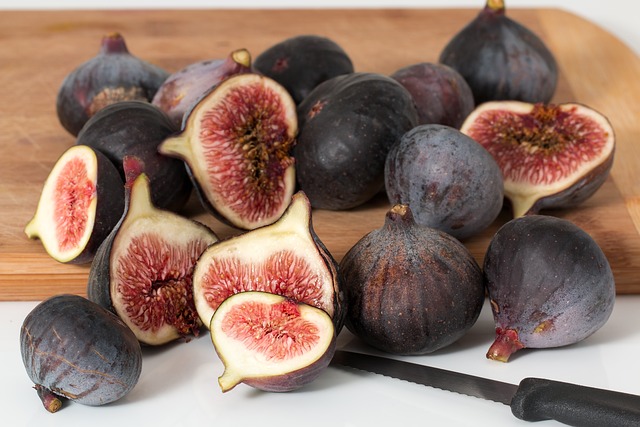Fermented foods such as kombucha, kimchi, kefir, and sauerkraut are gaining popularity in the health community. Not only do they taste great, but they also offer a range of potential health benefits, including the possibility of being a natural source of probiotics.
What Are Probiotics?
Probiotics are live microorganisms that can have a positive impact on our health when consumed in adequate amounts. They are often referred to as “good” bacteria because they can aid in digestion and boost our immune system.
Probiotics can be found in some foods and supplements, but not all of them are created equal. For example, some yogurts claim to contain probiotics, but they may not have enough of them or the right strains to make a significant impact.
Enter Fermented Foods
Fermented foods are foods that have undergone a fermentation process, which involves the breakdown of carbohydrates and other compounds by microorganisms like bacteria and yeasts. This process creates a range of byproducts, including lactic acid and probiotics.
While the amount of probiotics in fermented foods can vary, some studies have suggested that they can contain as many as hundreds of times more probiotics than supplements. Additionally, fermented foods can offer a wider range of probiotic strains than supplements that typically contain only a few.
The Benefits of Fermented Foods
Aside from being a potential source of probiotics, fermented foods offer other benefits as well.
- Better Digestion: The probiotics found in fermented foods can help promote healthy digestion by aiding in the breakdown of food and the absorption of nutrients.
- Boosted Immune System: Probiotics can also help support our immune system by stimulating the production of antibodies and the activation of white blood cells.
- Gut Health: Fermented foods can help promote the growth of good bacteria in our gut, which can improve overall gut health.
- Reduced Inflammation: Some studies have suggested that fermented foods may help reduce inflammation in the body, which can be beneficial for those with chronic conditions like arthritis.
It’s important to note that while fermented foods can offer potential health benefits, they should not be considered a cure-all. Additionally, some people may experience digestive issues when consuming fermented foods, so it’s best to start slowly and listen to your body.
How to Incorporate Fermented Foods into Your Diet
If you’re interested in incorporating fermented foods into your diet, there are several options to choose from:
- Kombucha: A fizzy, fermented tea that’s often flavored with fruit. It can be found in most health food stores.
- Sauerkraut: A fermented cabbage dish that’s often used as a condiment. It can also be found in most health food stores.
- Kefir: A fermented milk drink that’s similar to yogurt. It can be found in most supermarkets and health food stores.
- Kimchi: A spicy, fermented vegetable dish that’s popular in Korean cuisine. It can be found in most Asian grocery stores.
- Miso: A fermented soybean paste that’s often used in Japanese cuisine. It can be found in most supermarkets and health food stores.
When choosing fermented foods, be sure to check the label for added sugars or preservatives, as these can negate some of the potential health benefits.
Conclusion
Fermented foods can be a great addition to a healthy diet. Not only do they offer a potential source of probiotics, but they can also offer a range of other health benefits.
As with any health trend, it’s important to do your research and listen to your body. If you experience any negative side effects from consuming fermented foods, it’s best to consult a healthcare professional.







